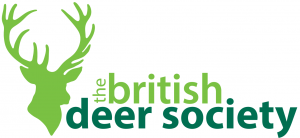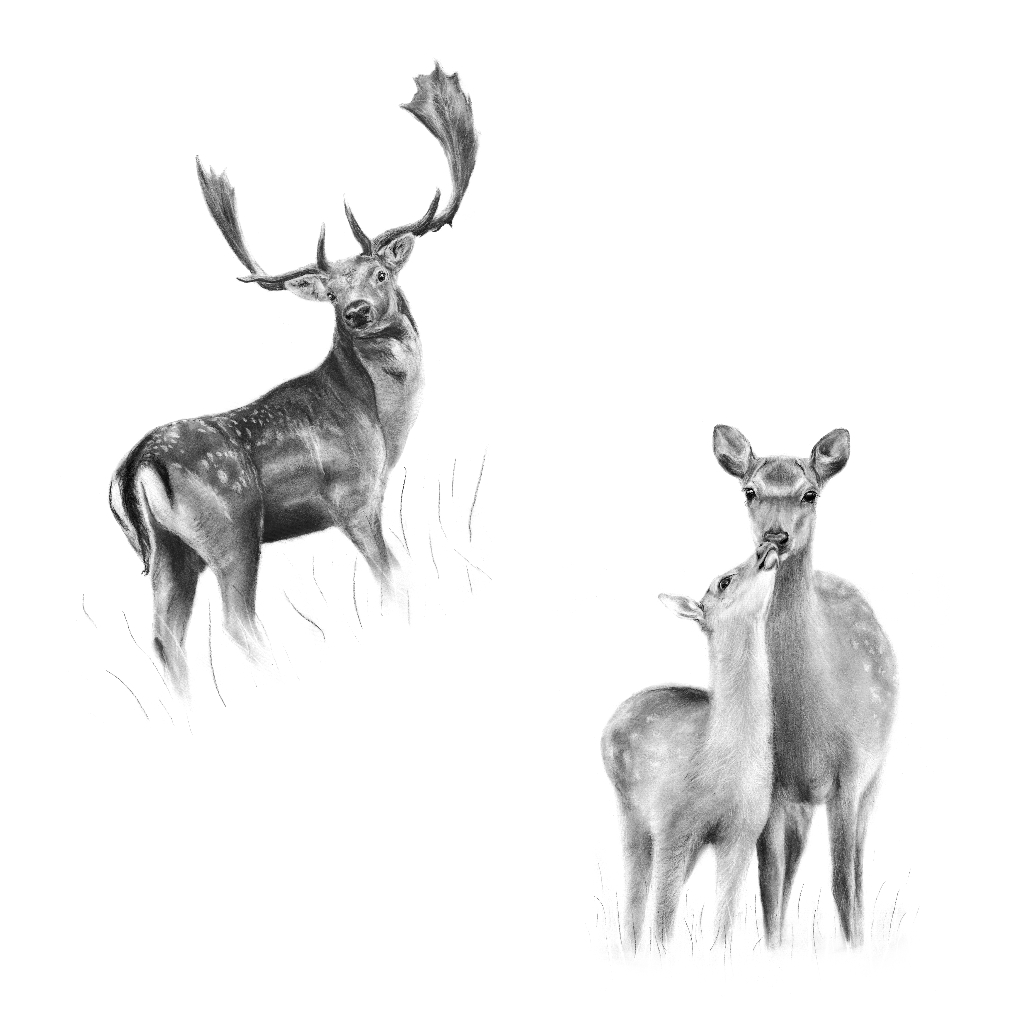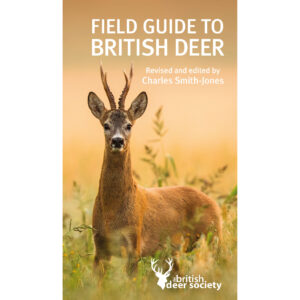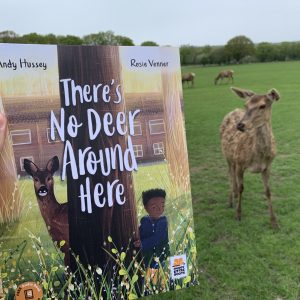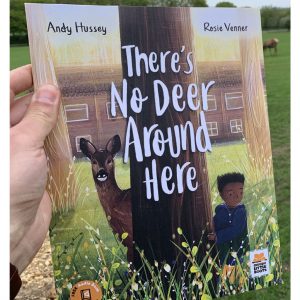New Vision For Community Deer Management in Scotland
Share article:
Article by:
Ross Ewing, BASC Public Affairs Manager (Scotland) , British Deer Society
Bold new vision places communities at the heart of deer management obligations
A new vision that will place communities at the centre of efforts to manage deer on publicly owned land in Scotland will be unveiled today by a partnership of eleven leading deer management stakeholders1.
The partnership aims to institutionalise what is being described as ‘community-integrated deer management’ by establishing more opportunities for trained recreational deer stalkers to manage deer on publicly owned land in their local area.
Why is this initiative necessary?
In Scotland, nearly 6,400 people hold the deer stalking certificate 1 (the introductory deer management qualification), while over 2,100 individuals hold the more advanced deer stalking certificate 2.
Despite having an estimated deer population of one million, many trained recreational deer stalkers in Scotland struggle to access deer management opportunities locally. This is especially true for those living near publicly owned land, where permissions are described as being ‘out of reach’ for recreational stalkers.
The organisations argue that current public expenditure on deer management contractors is ‘needlessly expensive’, and that utilising trained recreational deer stalkers would slash costs if they were afforded a more enhanced role in their local area. In 2019, Forestry and Land Scotland (FLS) – which manages approximately 9% of Scotland’s land area – expended £10.5 million on deer management contracts and just under £5 million on fencing.
How would the initiative be introduced?
The partnership is urging the Scottish Government to establish a pilot community deer stalking scheme on FLS land, in which a local recreational deer stalking syndicate would pay a small fee to take on the deer management obligations. It is envisaged that the harvested venison would be sold and consumed locally, thus reducing the overall carbon footprint.
How are the partners supporting the scheme?
The British Association for Shooting and Conservation (BASC) – the coordinating partner behind the vision – has pledged to support the syndicate, act as the liaison with FLS and develop replicable operating mechanisms so that other schemes can be established in the future.
In addition, BASC and the British Deer Society (BDS) – who both deliver deer management qualifications – have pledged to provide discounted training courses to recreational deer stalkers with ambitions of managing deer in their local area, in a bid to upskill communities and make deer stalking more accessible.
The partnership is also going further, however, and recommending that the Scottish Government establish a £250,000 deer management training fund. The fund would enable BASC and BDS to deliver the deer stalking certificate 1 to well-over a thousand students free of charge over an eight-year period.
A statement from BASC’s public affairs manager in Scotland, Ross Ewing:
“Deer management is a fundamental and legal obligation, and where possible we must find more economic, sustainable, and localised means of controlling Scotland’s deer – particularly on publicly owned land, where opportunities are often out of reach for recreational deer stalkers.
“Community integrated deer management will effectively capitalise on our rich, growing and free resource of trained recreational deer stalkers. Failure to provide these part-time deer managers with the opportunity to manage deer locally would be nonsensical, especially in the context of Scotland’s ambitious forestry targets that are inextricably linked with tackling the climate emergency.
“The benefits of community integration are numerous, and the foundations of this vision are highly sustainable. It will build resilience into the management framework; it will enable a sustainable food source to be harvested, processed, and consumed locally; it will effectively and flexibly protect the environment; it will improve economic productivity, and it will enhance community knowledge of deer impacts and benefits.
“This partnership’s commitment to integrating and upskilling communities is resolute. We would like to see the Scottish Government match this commitment by establishing a pilot community deer stalking scheme on public land without delay, and also create a deer management training fund to help us train the next generation of deer managers.”
“Deer undoubtedly pose significant environmental challenges, but they are also an iconic natural resource and should be managed respectfully. Community integrated deer management provides an obvious, realistic, and sustainable means of achieving this.”
1 The partnership comprises the Association of Deer Management Groups (ADMG), the British Association for Shooting and Conservation (BASC), the British Deer Society (BDS), Deer Management Qualifications (DMQ), the Game and Wildlife Conservation Trust (GWCT), Lowland Deer Network Scotland (LDNS), the Scottish Association for Country Sports (SACS), the Scottish Countryside Alliance (SCA), the Scottish Country Sports Tourism Group (SCSTG), Scottish Land and Estates (SLE) and the Scottish Venison Association (SCA).





